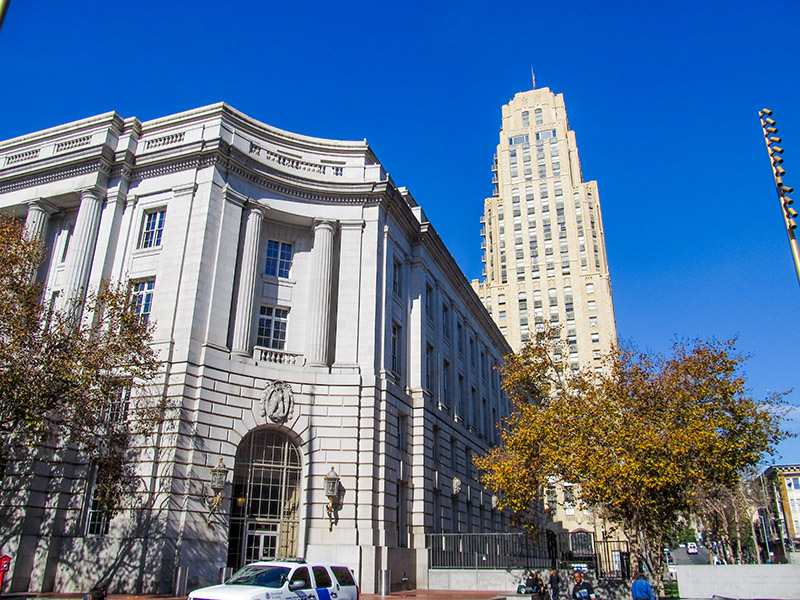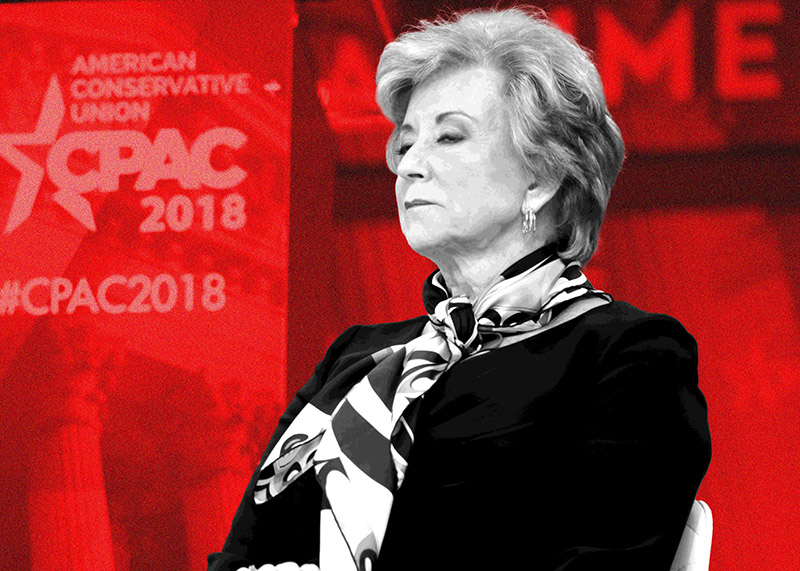Arlington County School Board approves gender identity protections
Unanimous vote makes Arlington the fourth Virginia locale to update its nondiscrimination policies

The Arlington County School Board voted unanimously to update its policies to include protections for gender identity and expression on Wednesday morning.
The changes, requested by Arlington Superintendent Patrick Murphy in a June 26 memo, were intended to bring the language of different policies, including equal employment, human relations, and bullying and harassment, in line with one another. The school board also sought to add gender identity protections to bring its policies in alignment with Title IX as it has been interpreted by the U.S. Department of Education’s Office on Civil Rights, and to clarify language about harassment in its employee relations policy.
Even before the addition of gender identity and expression, the policies were inconsistent and often used a variety of different terms to refer to the same concept. For example, some policies referred to “sex” while others referred to “gender” as a protected class. Still other variations among the policies included the use of “mental, physical, or sensory disability” while others referred to “mental and physical handicap.” The harassment and bullying policy, notably, did not include protections for “creed” or “age.” Its employee relations policy simply prohibited sexual harassment in general, without any specifics, and did not prohibit other types of non-sexual harassment or bullying.
As amended, the equal employment policy, the employment section of the stated goals policy, and its human relations policy — which talks of creating an “educational environment designed to accord respect to all individuals” — now all read as identical in terms of their protected classes. Those classes now include, in order, “race, national origin, creed, color, religion, gender, age, economic status, sexual orientation, marital status, gender identity or expression, and/or disability.” The two employment-related policies also add “genetic information” before “gender identity or expression,” as genetic information would not be plainly visible to the eye and would largely be contained in files or documents to which only administrators or staff would have access.
The harassment section of the equal employment policy was amended to read: “Sexual harassment or harassment of any student or employee on the basis of the [protected] categories listed in Section A. is prohibited.”
The overall Arlington County Public Schools bullying and harassment policy already included gender identity and expression, as well as sexual orientation. So the amendments to that policy included the addition of “creed” and “age” to the list of protected categories, and changed replaced more narrowly-focused “mental, physical or sensory disability” with just the term “disability.”
With the change, Arlington County now becomes the fourth jurisdiction in Virginia to adopt protections for gender identity and sexual orientation, following Fairfax County, the city of Alexandria, and the city of Charlottesville. Similar policies are already place in Montgomery County, Md., and the District of Columbia. Prince George’s County Public Schools has plans to add gender identity to its nondiscrimination policy later this year, in order to align their policies with Maryland’s statewide law prohibiting discrimination based on gender identity or expression.
Unlike in Fairfax, where parents and conservative groups expressed outrage over the school board’s adoption of gender identity protections, the Arlington County School Board’s actions appear to have been met with little or no opposition. However, the change was not widely publicized prior to Wednesday’s meeting, and caught even some pro-LGBT groups by surprise. It is still possible the board could experience a backlash from concerned parents, but Arlington County’s overall politics and support for LGBT rights — which are significantly to the left of Fairfax County’s — might make that either less likely to occur or be limited in scope.
The adoption of pro-LGBT policies by some Virginia counties is quite notable and has only become a recent phenomenon, following an opinion by Attorney General Mark Herring (D) that stated that school boards have the authority to include sexual orientation and gender identity as protected classes in their nondiscrimination policies. Previously, the understanding was that local governments in Virginia only had powers that had been specifically granted by the state’s General Assembly — a provision known as the Dillon Rule. Under that understanding, given the conservative stranglehold on the House of Delegates, previous Attorney Generals interpreted the Dillon Rule as a way to prevent more liberal jurisdictions from adopting pro-LGBT or other progressive policies. But Herring’s interpretation is that the Dillon Rule refers to local government bodies, like county boards, while school boards are free to amend their policies as they see fit, without interference from the General Assembly.
James Parrish, the executive director of Equality Virginia, commended the board for updating its policies, but also used the opportunity to advocate for an employment nondiscrimination law, which has been blocked from coming up for a vote in the House of Delegates every year for the past few years.
“We’re very pleased that, following AG Herring’s opinion, Arlington, like Fairfax County, has updated their nondiscrimination policy to make sure gender identity and sexual orientation were included,” Parrish said. “While actions like this are great, instead of going county by county, the easiest way to do this would be to pass a state law that would protect all gay and transgender employees from discrimination in their workplace.”
David Aponte, a representative from Northern Virginia Advocates for Equality (NVAE) and the co-chair of national LGBT educational organization GLSEN’s Northern Virginia chapter, praised the school board’s actions.
“We are extremely happy to see the results of the school board meeting today. We think it goes a long way to protect LGBT students, particularly transgender students. We are excited to see the progress in Northern Virginia, and hope that this progress will extend to other parts of the region. GLSEN NoVa and NVAE will continue to work with local school boards to advance these policies.”
Support Metro Weekly’s Journalism
These are challenging times for news organizations. And yet it’s crucial we stay active and provide vital resources and information to both our local readers and the world. So won’t you please take a moment and consider supporting Metro Weekly with a membership? For as little as $5 a month, you can help ensure Metro Weekly magazine and MetroWeekly.com remain free, viable resources as we provide the best, most diverse, culturally-resonant LGBTQ coverage in both the D.C. region and around the world. Memberships come with exclusive perks and discounts, your own personal digital delivery of each week’s magazine (and an archive), access to our Member's Lounge when it launches this fall, and exclusive members-only items like Metro Weekly Membership Mugs and Tote Bags! Check out all our membership levels here and please join us today!


























You must be logged in to post a comment.